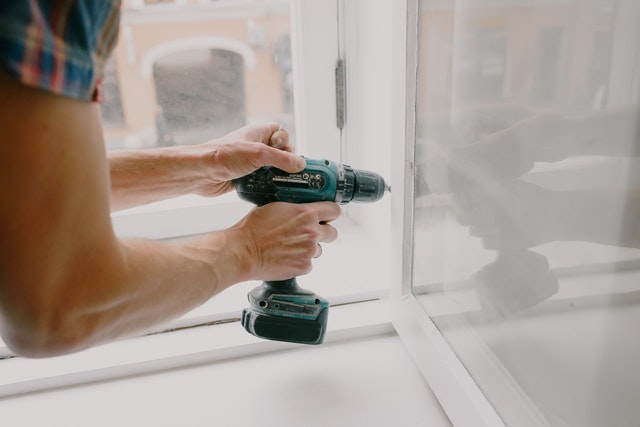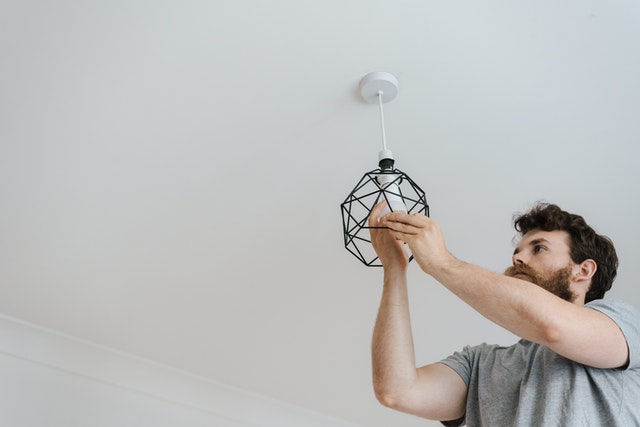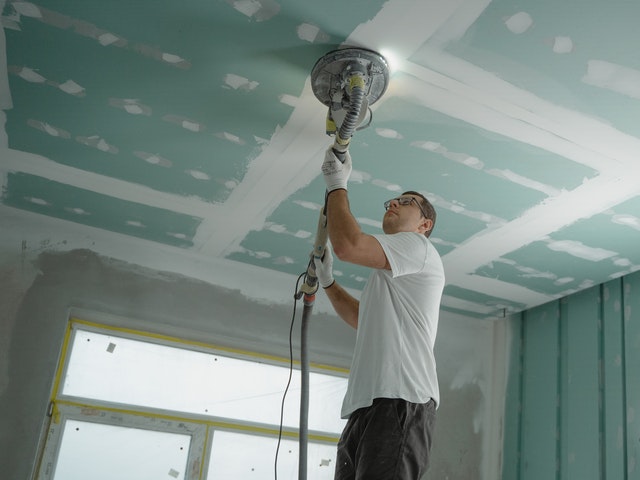As a homeowner of a rental property, you can expect normal wear and tear between tenants but at what point is ‘wear and tear’ not expected and classified as damage and who is responsible for the costs to restore your property for it to be ready for the new tenant?
When you find that your rental property is not in the same shape as it was before the tenancy, you have a few options with how to go about getting things repaired, cleaned, and ready for the next tenants. Your property manager should have collected a detailed entry and exit report, including images that show the state of the property before and after your tenant has lived in your investment property. This article aims to inform you of your options as a homeowner, so that you know what to expect. Below are some helpful tips for addressing the situation.
Fixing up a rental property after the tenants have vacated
If you have a rental property that has been lived in by tenants for substantial time, you may wonder how to fix up the property after they leave. The entry and exit reports of your tenants are really important pieces of information that enable a property to be kept in good shape and the person responsible for any damage, should be liable for repair costs. The bond or security deposit is kept until the property manager undertakes the final exit report, which shows the homeowner the condition of the property upon vacating. If the damage is beyond normal wear and tear, which is defined by Merriam-Webster as “a slight depreciation of the property’s materials”, the bond money will cover repairs and extra cleaning that may be required.
Who pays for repairs?

If a tenant finds a problem with their rental property during their tenancy, they should inform the property manager as soon as possible. Repairs will be undertaken by the property manager organising repair tradespeople, whether it be a handyman, plasterer, plumber, roofer etc. Afterward, the homeowner is sent an invoice for the repair costs. Often times this doesn’t involve the tenant beyond the reporting of the issue, the property manager organises everything else.
It’s very important to remember that the landlord is responsible for the maintenance of the rental property and normal wear and tear is covered by the homeowner. Keeping it up to health and safety standards is important. Broken radiators and toilets can cause water damage and discomfort for tenants, and faulty electrical systems can be a fire hazard. In order to avoid these issues, the landlord should make the necessary repairs.
If upon the exit report, there is damage that is beyond normal wear and tear, the tenant should be given a detailed list of repairs required to restore the property to a reasonable condition. This will then be taken out of their bond upon vacating the property if the tenant refuses to organise repairs.
Who pays for cleaning services?
When tenants leave a rental property, they are expected to leave it in the same shape accounting for reasonable wear and tear, as when they arrived. In Australia, it is often a requirement to have carpets professionally cleaned when vacating a house and the tenant pays for this, this needs to be in the agreement clearly. Depending on the terms of the lease, they may not be required to pay for cleaning services. The answer to this question is usually outlined in the rental agreement. This is where the entry report is critical, it shows the state of the property when the tenant moved in and what it ‘should’ look like when they leave.
What do you expect from your tenants? If you want to charge them, it is important to determine exactly what level of cleaning services they need to leave the property in good condition. If you have a pet, you might expect your tenant to clean the property professionally. Or if the tenant smokes and that is not allowed in the lease indoors, the tenant must pay for cleaning services related to smoking indoors.
Regardless of whether landlords or tenants are required to pay for cleaning services after a tenant leaves a rental property, it is important to make sure to clean the property thoroughly before you leave. A clean property is a welcoming space for tenants and as a tenant may be enough to meet the requirements of the lease agreement, without involving professional cleaning services.
Property manager’s role in caring for a property

One of the most important roles of a property manager is to care for rental properties after tenants have moved out. Not only do they keep a record of payments and repairs, but they also make sure the rental property stays in good shape. Listed below are a few of the responsibilities of a property manager may have for rental properties after tenants have left.
Communication is crucial, especially in the world of property management. Good communication channels are critical for a successful property management business. Good property managers stay in touch with their tenants to stay in the know about any problems or concerns they may have. If tenants have any problems, they need to know about it quickly. A good property manager will keep tenants informed and make sure they have a pleasant experience in their new rental property.
Screening prospective tenants is another critical role of a property manager. They will conduct a tenancy database check, phone references, and examine employment histories to ensure the tenant is suitable for the property. The manager will also arrange regular visits from service providers and be able to arrange any repairs. In addition, property managers will keep track of tenants’ requests and make sure they stay in touch with the property’s needs.
As a property manager, it’s important to screen tenants thoroughly and efficiently. An effective screening process will result in smart tenant placements. The manager will conduct background checks on prospective tenants’ employment, credit history, rental history, and criminal history. When selecting tenants, property managers adhere to all of the state’s leasing laws. They will prepare lease agreements that protect landlords and tenants alike. You’ll also benefit from a property manager’s knowledge and experience of the market.
When tenants leave, the property manager’s role is to restore the rental property to a rent-ready state and collect the keys and leased property. They will also collect the security deposit and make sure the property is returned to its original condition. In addition, property managers also enforce the rules and deadlines of the lease, including move-out dates. A property manager will coordinate the maintenance of the rental property, including the repairs, such as organising a local plastering service to repair walls, or a landscaper to get the garden in good shape, they will work closely with tenants to ensure that the property is back to its original condition and is as clean as it was before the lease.

